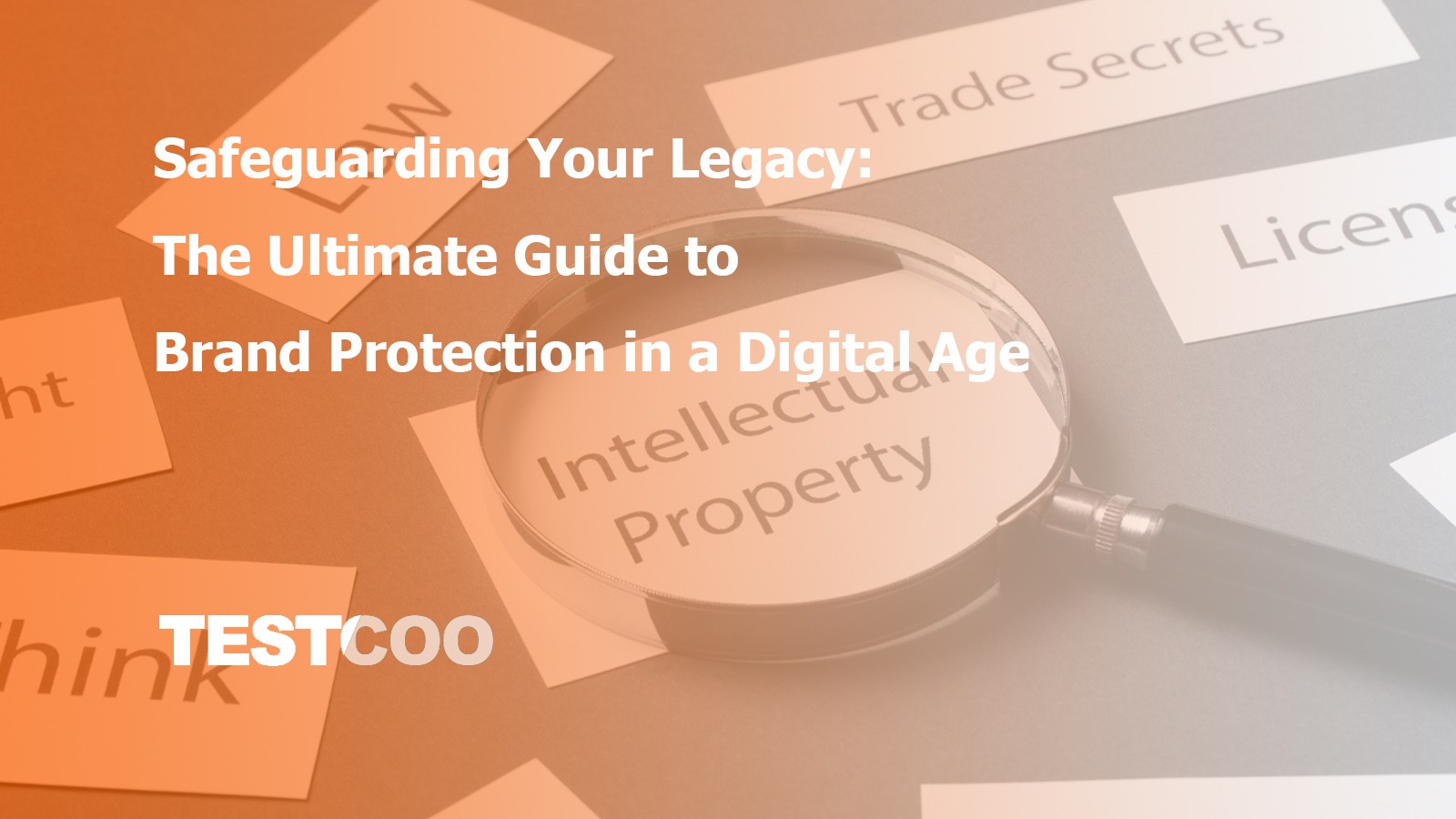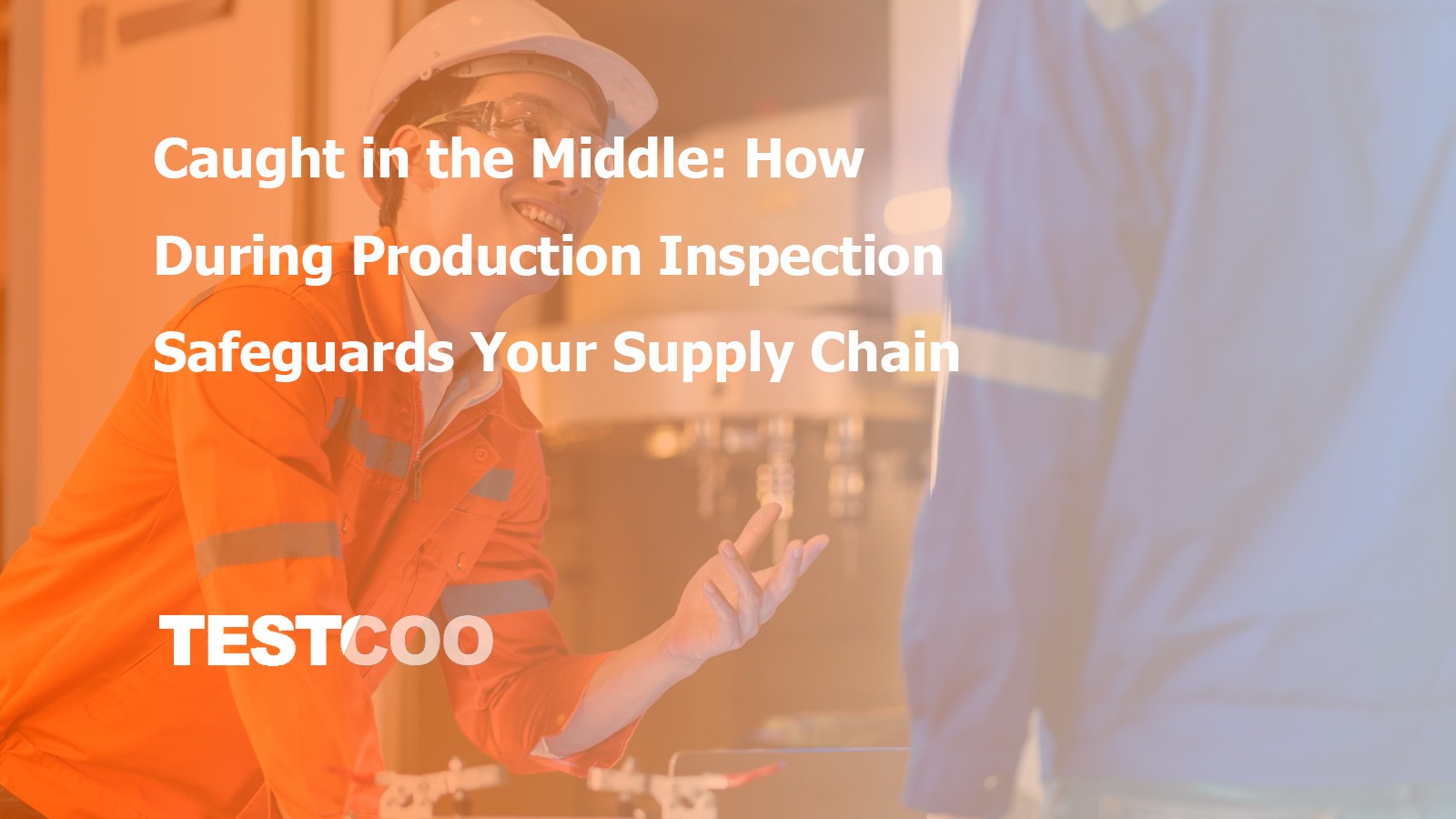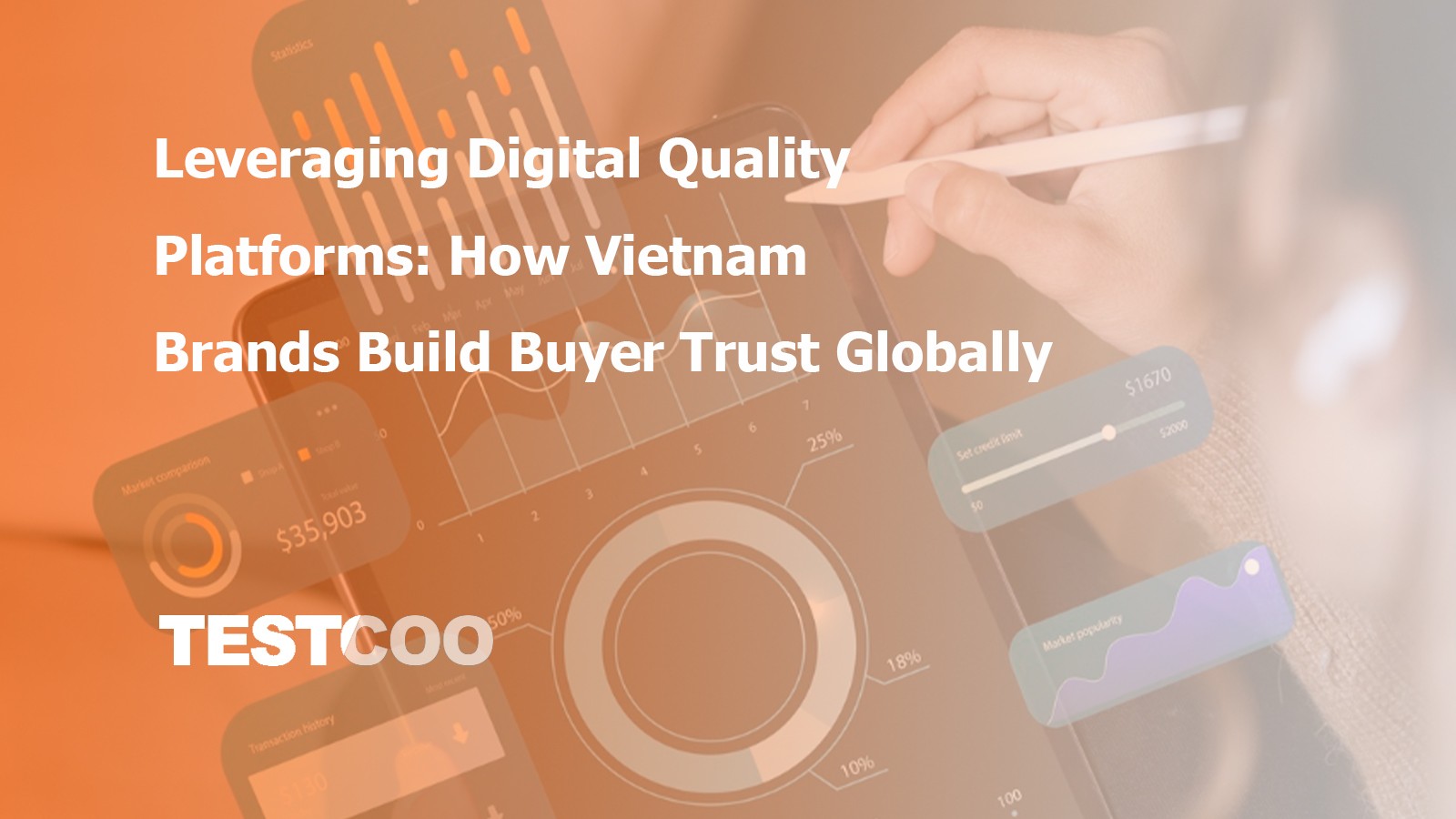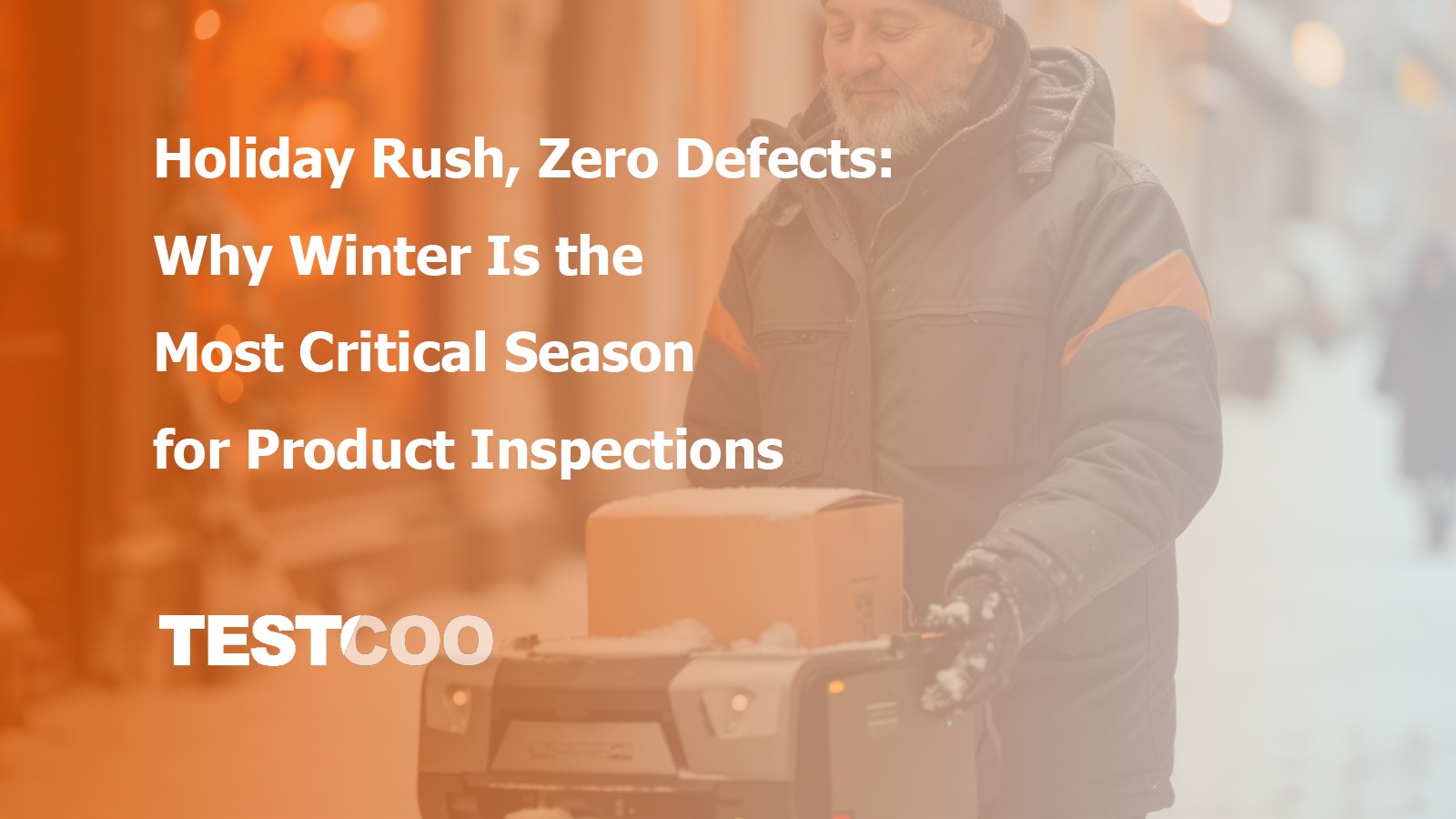Southeast Asia Inspection: How Third-Party Testing Platforms Empower Sustainable Supply Chains Through ESG
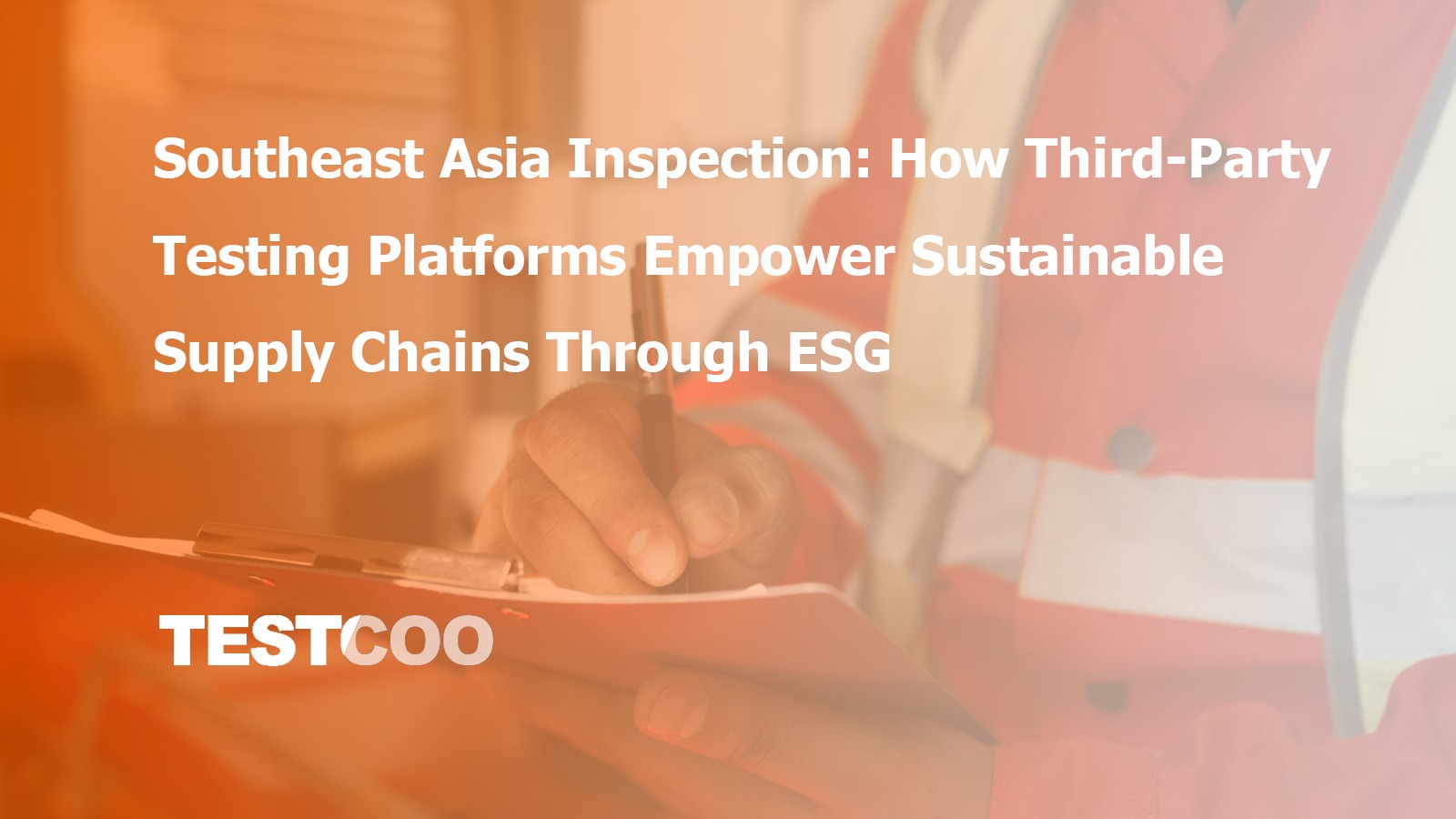
What Are the Inspection Pain Points and ESG Opportunities in Southeast Asia?
While the six Southeast Asian countries (Vietnam, Thailand, Indonesia, Malaysia, the Philippines, and Cambodia) share the dividends of the "Belt and Road Initiative", their market access standards vary significantly. For example, Vietnam requires toys to obtain certification under the QCVN 3:2009/BKHCN technical regulations, while Indonesia adopts SNI national standards for testing azo dye residues in imported textiles. This fragmented compliance landscape makes traditional inspection models inadequate due to information asymmetry and lengthy processes. TESTCOO’s research shows that 38.7% of foreign trade enterprises have suffered return losses due to quality issues with Southeast Asian suppliers. In contrast, ESG - oriented testing services not only help mitigate such risks but also enhance supply chain transparency, enabling access to high - end European and American markets.

↵
Read More: Sustainable Footwear Manufacturing: How Third-Party Inspections Ensure Green Claims Are Real
How Does ESG Collaborative Innovation Unfold Under the RCEP Framework?
With the deepening implementation of the Regional Comprehensive Economic Partnership (RCEP), the synergy of trade rules within Southeast Asia has continuously improved, and the alignment of inspection standards with international norms has accelerated significantly. In this context, enterprises’ demand for supply chain compliance and transparency has become increasingly urgent, and ESG, as a core indicator for measuring sustainable development capabilities, is emerging as a crucial "passport" for cross-border trade.
TESTCOO has actively responded to the trend of mutual recognition of technical trade measures under the RCEP framework, establishing localized compliance service networks in manufacturing hubs such as Vietnam and Thailand, and integrating certification standard resources from major regional markets. Through this network, enterprises can complete the entire process from raw material testing, production process audits to final product certification without engaging multiple institutions, effectively resolving compliance challenges caused by standard differences in the region. For example, when a Chinese home furnishing enterprise planned to expand into multiple Southeast Asian markets, TESTCOO, leveraging its familiarity with the certification rules of RCEP member states, assisted in formulating a unified production standard system that simultaneously met the access requirements of Malaysia, Singapore, and other countries. This avoided resource waste from repeated testing and significantly improved market expansion efficiency.
In the environmental dimension,TESTCOO’s carbon footprint tracking system integrates energy consumption data across all supply chain links.
In the social dimension, its social responsibility audits cover core indicators such as working conditions and health and safety.
Why Are Localized Service Networks Key to Navigating Southeast Asia's Policy Maze?
To address the policy complexity across Southeast Asian countries, TESTCOO has built a regional expert team. In Indonesia, its local engineers, familiar with the certification processes of BSN (National Standardization Agency), helped an apparel enterprise obtain SNI certification within 3 months, shortening the timeline by half compared to the industry average. In Malaysia, TESTCOO partnered with TNG Digital to enhance the efficiency and accuracy of supplier audits through ZOLOZ identity verification technology. This "technology + localization" dual-drive model enabled TESTCOO to achieve a year-on-year growth in the number of Southeast Asian clients served in 2024.
Case Study: A Ningbo-based apparel enterprise planned to expand into the European market but faced stringent requirements for SA8000 social responsibility certification. TESTCOO developed a customized supplier screening plan, established a fair wage system, and coordinated local labor organizations to complete on-site audits. Ultimately, the enterprise successfully obtained certification and entered H&M's supply chain. The enterprise’s responsible person stated: "TESTCOO’s local team not only helped us meet regulatory requirements but also improved production efficiency through better employee welfare."
Read More: SA8000: Understanding the 2026 Social Responsibility Standard Revision Update

↵
How Does ESG Convert From Compliance Costs to Competitive Advantages?
TESTCOO’s services have gone beyond traditional testing to become a key component of enterprises’ ESG strategies. In environmental management, its audit reports can be directly used for disclosure under the EU’s Sustainable Finance Disclosure Regulation (SFDR). In the social dimension, suppliers certified under SA8000, SEDEX, and other standards are more likely to secure long-term orders from international buyers. In terms of governance, transparent audit processes help enterprises avoid compliance risks such as bribery and data leaks. A multinational group integrated ESG performance into supplier KPIs through TESTCOO’s supply chain audits, reducing annual quality disputes and lowering procurement costs.
What Does the Future Hold for ESG Collaborative Innovation Under the RCEP Framework?
With the entry into force of the Regional Comprehensive Economic Partnership (RCEP), inspection standards in the Southeast Asian market are accelerating their alignment with international norms. TESTCOO has actively responded to the mutual recognition clauses for technical trade measures in the agreement, establishing RCEP compliance laboratories in Vietnam, Thailand, and other regions, capable of simultaneously conducting certification testing for Chinese GB, EU CE, Japanese JIS, and other standards. For example, a Chinese home appliance enterprise obtained Malaysian SIRIM certification and Indonesian SNI certification within 45 days through TESTCOO’s "one-stop certification" service, shortening the timeline by two-thirds compared to traditional processes.
Looking ahead, TESTCOO will continue to deepen its philosophy of "data-driven, technology-empowered, and responsibility-sharing," further enhancing ESG transparency in Southeast Asian supply chains through upgraded AI defect recognition models (with current accuracy) and blockchain traceability systems. Just as Xtep Group enhanced its brand value through eco-friendly material innovation and supply chain audits, enterprises supported by TESTCOO can not only meet regulatory requirements but also transform ESG into market competitiveness, accelerating progress in the marathon of sustainable development.
Conclusion
In Southeast Asia, a land of both opportunities and challenges, TESTCOO uses ESG as its compass, building bridges of trust for cross-border procurers through the deep integration of technology and localization. Whether it is the environmental transformation of Vietnam’s textile industry or the protection of labor rights in Indonesian electronics factories, TESTCOO’s practices demonstrate that responsible supply chain management is not only a compliance requirement but also a core competency for enterprises to navigate cycles and win the future. Choosing TESTCOO means choosing to walk the path of sustainable development.
Frequently Asked Questions (FAQs)
Which enterprises can use TESTCOO?
All sizes multinationals and SMEs benefit from its ESG - focused inspection/ certification services.
How does TESTCOO ensure accurate inspections?
Via local expert teams (knowing regional rules) and tech partnerships.
Are TESTCOO’s services affordable for SMEs?
Yes, modular, lightweight solutions (e.g., “Green Production Program”) need little upfront investment.
Free Sample Report Performance Quality Control
Download a sample report to keep control of your supply chain!
Featured Articles
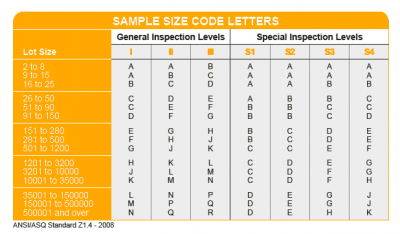 AQL Table | How to Read It
AQL Table | How to Read It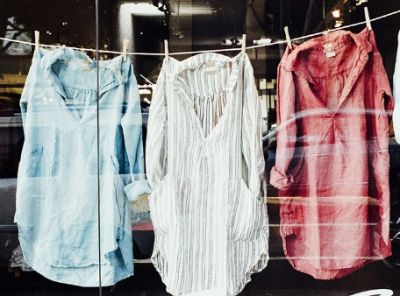 TOP 10 Common Defects in Garments Quality Inspection
TOP 10 Common Defects in Garments Quality Inspection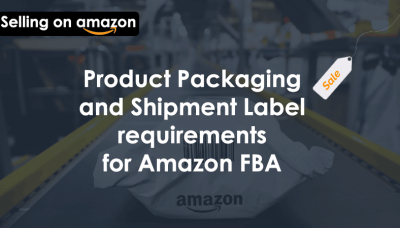 Product Packaging and Shipment Label requirements for Amazon FBA
Product Packaging and Shipment Label requirements for Amazon FBA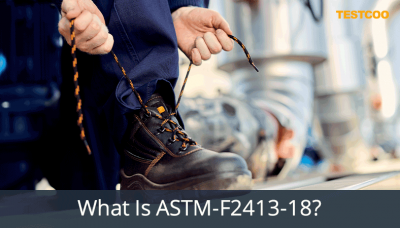 What Is ASTM-F2413-18? Protective Footwear Standard
What Is ASTM-F2413-18? Protective Footwear Standard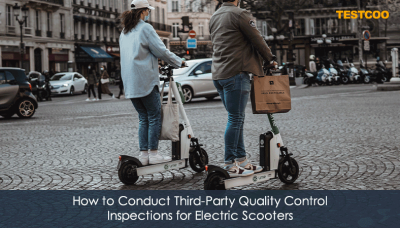 How to Conduct Third-Party Quality Control Inspections for Electric Scooters
How to Conduct Third-Party Quality Control Inspections for Electric Scooters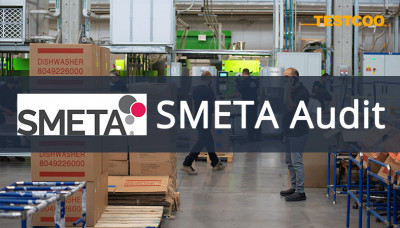 SMETA Audit-What is SMETA Audit?
SMETA Audit-What is SMETA Audit?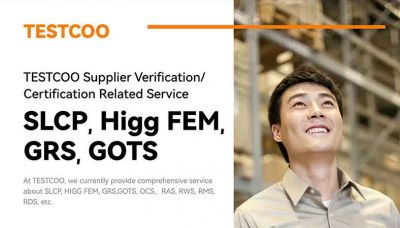 TESTCOO Supplier Verification/Certification Service SLCP, Higg FEM, GRS, GOTS
TESTCOO Supplier Verification/Certification Service SLCP, Higg FEM, GRS, GOTS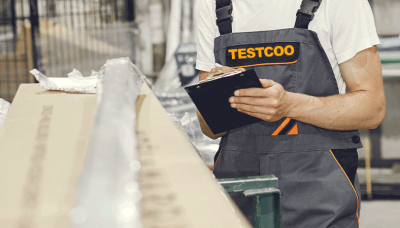 Quality Control Inspection Company in China
Quality Control Inspection Company in China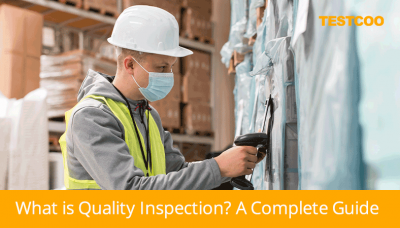 What is Quality Inspection? A Complete Guide
What is Quality Inspection? A Complete Guide Guidelines for Product Inspection in India
Guidelines for Product Inspection in India
Category
- Production Inspection Service
- Factory Audit
- Softline Inspection
- Hardline Inspection
- Electrics Inspection
- Certification
- Checklist
- Manufacturers
- Quality Assurance Basics
- Products Recall
- AQL
- Guidence and Standard
- News
- Supplier Management
- Amazon
- Protective Equipment
- e-commerce quality control
- Indian Manufacturing
- Soft Goods Quality Control
- Supply Chain Management
- Supply Chain Resilience
- E-Commerce Quality Control
- ISO 2859
- Supply Chain Optimization
- Garment Industry
- Higg Index

